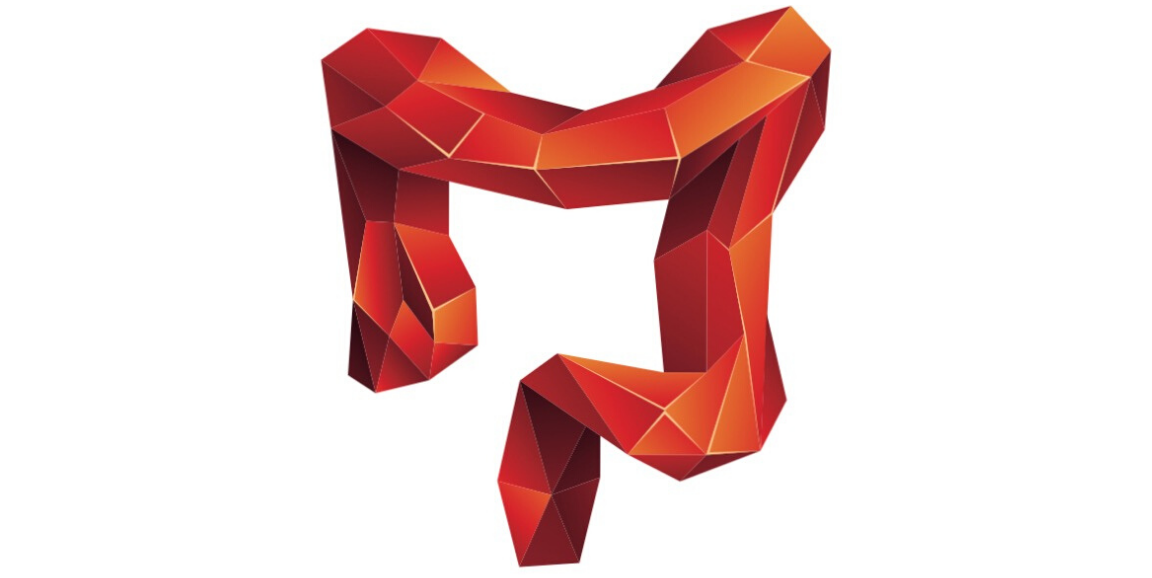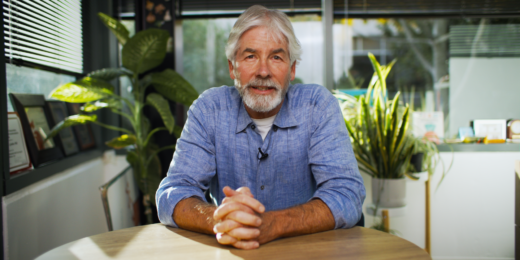A study published in Cell Host & Microbe has tied ulcerative colitis -- a serious intestinal inflammatory condition affecting about 1 million people in the United States alone, and many millions more worldwide -- to the near-disappearance of a family of gut-dwelling microbes, and to the resulting depletion of a set of important substances these microbes are especially equipped to make.
The microbes were identified as missing in a subset of ulcerative colitis patients who have had an invasive but helpful surgical procedure, but researchers suspect their absence may play a role in the condition for more or even all patients.
Current treatments for ulcerative colitis often come with side effects of their own. Finding a treatment that works without generating side effects would mark a significant step forward in treating a disease that has no cure and whose cause is obscure.
The study's findings, by gastroenterologist Aida Habtezion, MD, and her Stanford colleagues, have sparked the initiation of a Phase 2 clinical trial, now underway at Stanford, to determine whether ulcerative colitis's painful symptoms can be relieved by supplementing patients with a drug similar to the substances -- known as secondary bile acids -- found to be depleted in patients' guts.
In my news release about the study, I wrote:
Primary bile acids are produced in the liver, stored in the gallbladder and released into the digestive tract to help emulsify fats. The vast majority of secreted primary bile acids are taken up in the intestine, where resident bacteria perform a series of enzymatic operations to convert them to secondary bile acids.
The researchers found that secondary bile acids in the guts of ulcerative colitis patients after corrective surgery -- a procedure one in five people with the disorder, unfortunately, wind up undergoing -- were at extremely low levels. But secondary bile acid levels were perfectly normal in patients with an entirely different disease that nonetheless required them to have the exact same surgical procedure. Clearly, it wasn't the procedure that was causing the deficiency.
Probing further, the researchers learned that the bacterial family Ruminococcaceae was severely underrepresented in ulcerative colitis patient's guts. This family's members are particularly adept at converting primary bile acids to secondary bile acids, because they possess genes for enzymes that efficiently perform that conversion.
"All healthy people have Ruminococcaceae in their intestines," Habtezion told me in an interview. "But in the [ulcerative colitis] patients, members of this family were significantly depleted."
Intriguingly, the ulcerative colitis patients' intestines contained plenty of primary bile acids. So the absence of secondary bile acids in their gut wasn't for lack of starter material, either.
Might restoring secondary bile acids to the gut help? To find out, the researchers supplemented mice with conditions similar to colitis with secondary bile acids. The substances countered the classic symptoms of colitis -- weight loss, signs of colon pathology, and various measures of intestinal inflammation -- in the mice.
"This study helps us to better understand the disease," Habtezion told me. "We hope it also leads to our being able to treat it with a naturally produced metabolite that's already present in high amounts in a healthy gut."
In an ongoing Phase 2 trial now underway at Stanford, Habtezion, Sidhartha Sinha, MD (one of the study's lead co-authors), and their colleagues are exploring this idea further. They're investigating the anti-inflammatory effects, in 18- to 70-year-olds with ulcerative colitis who've undergone corrective surgery, of oral supplementation with ursodeoxycholic acid, a naturally occurring secondary bile acid the Food and Drug Administration has approved for some other indications. The trial is still recruiting participants.
Image by Leo Troyanski




